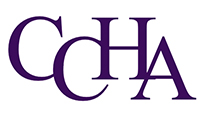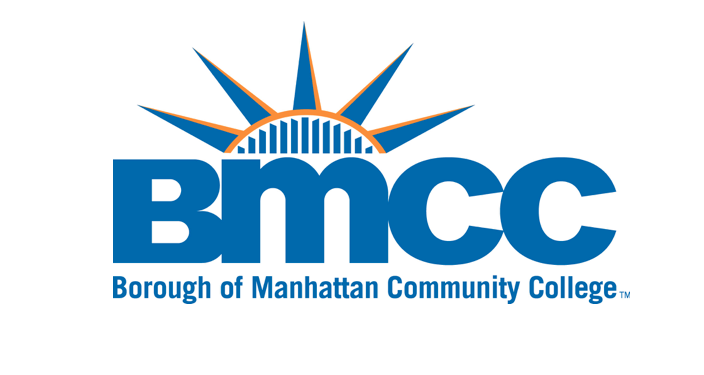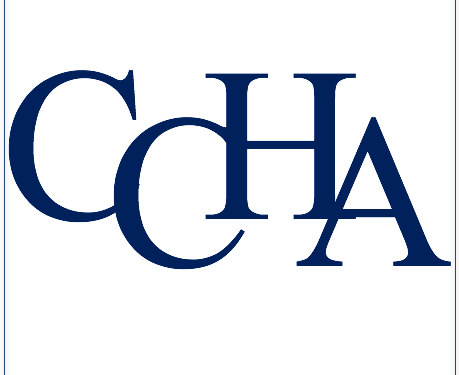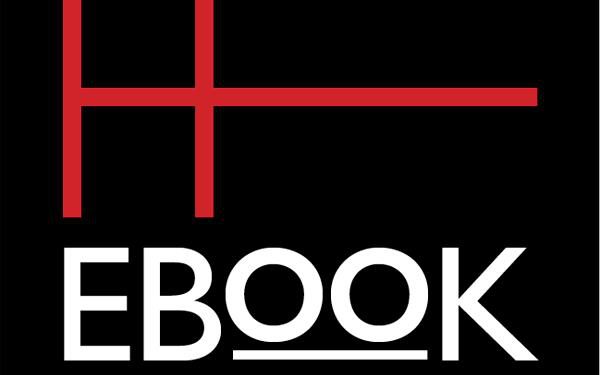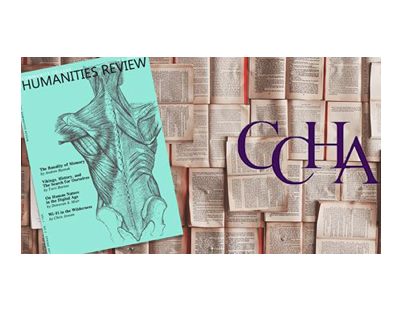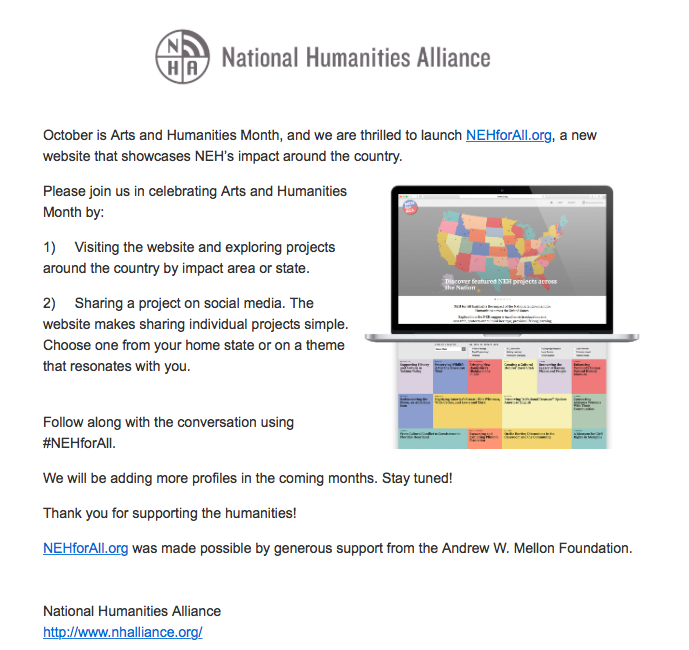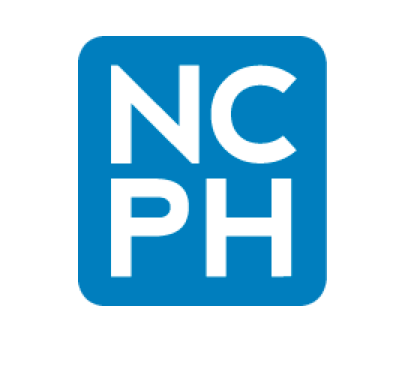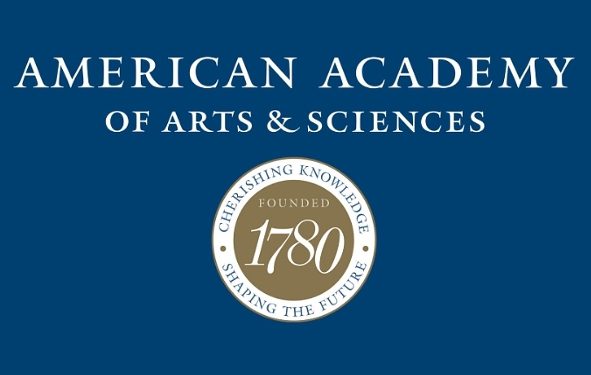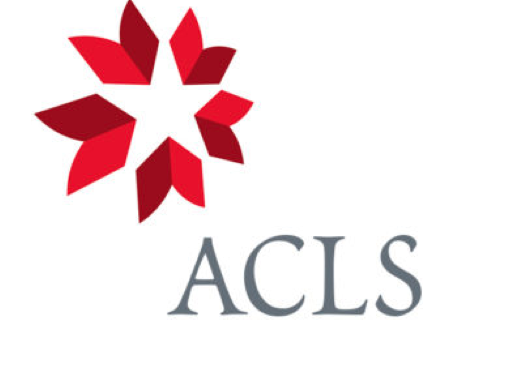CALL FOR PAPERS
Transitions and Transactions IV:
Literature Pedagogies and Social Justice in Community Colleges
We invite Community College faculty to send proposals for the April 20-21, 2018 conference presented by Borough of Manhattan Community College, City University of New York, English Department. The Transitions and Transactions conference is dedicated to helping community college teachers flourish and excel as we envision, invent and expand our ideas of teaching given the demands of the community college population and the demands and constraints specific to our profession.
Continue reading Call For Papers: Transitions & Transactions IV (BMCC / CUNY)
